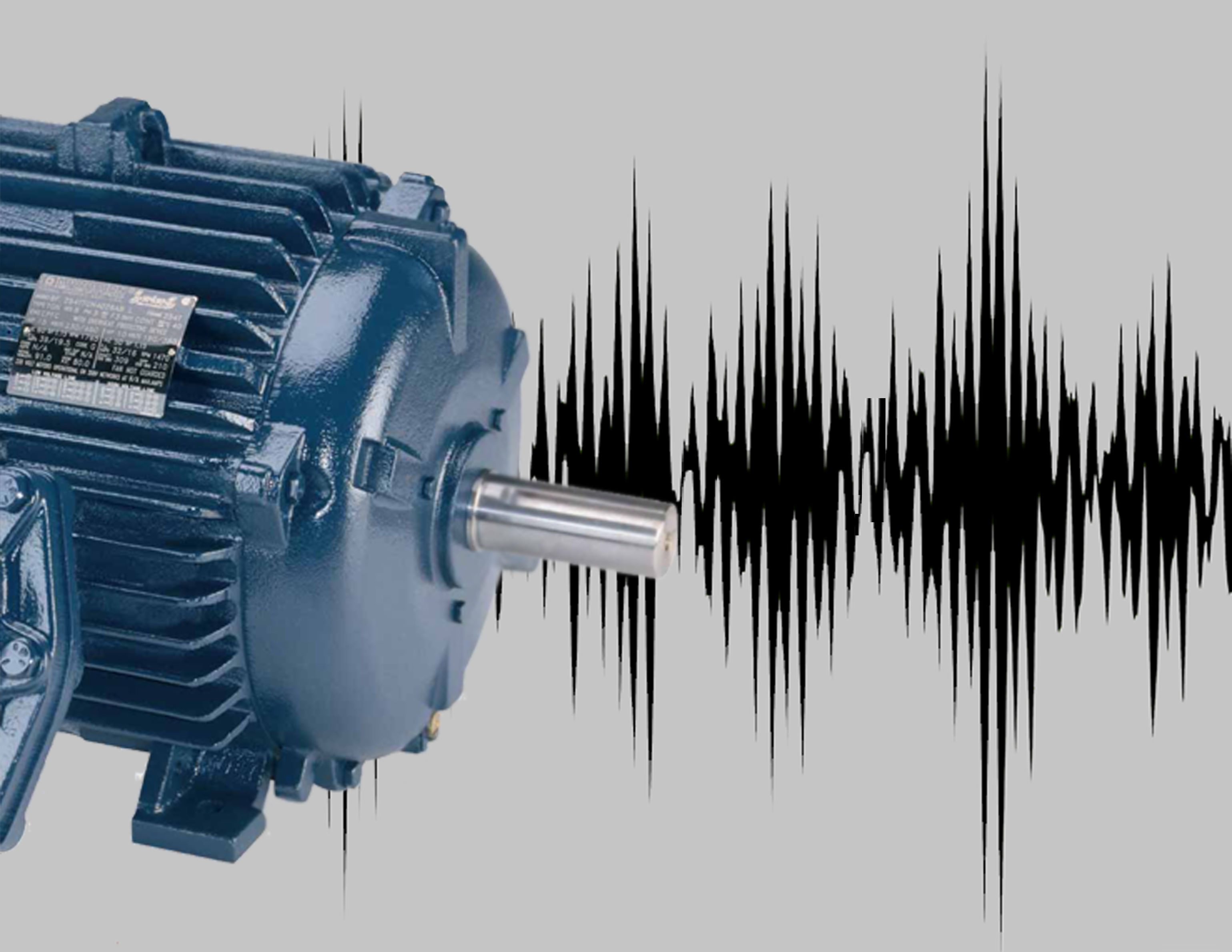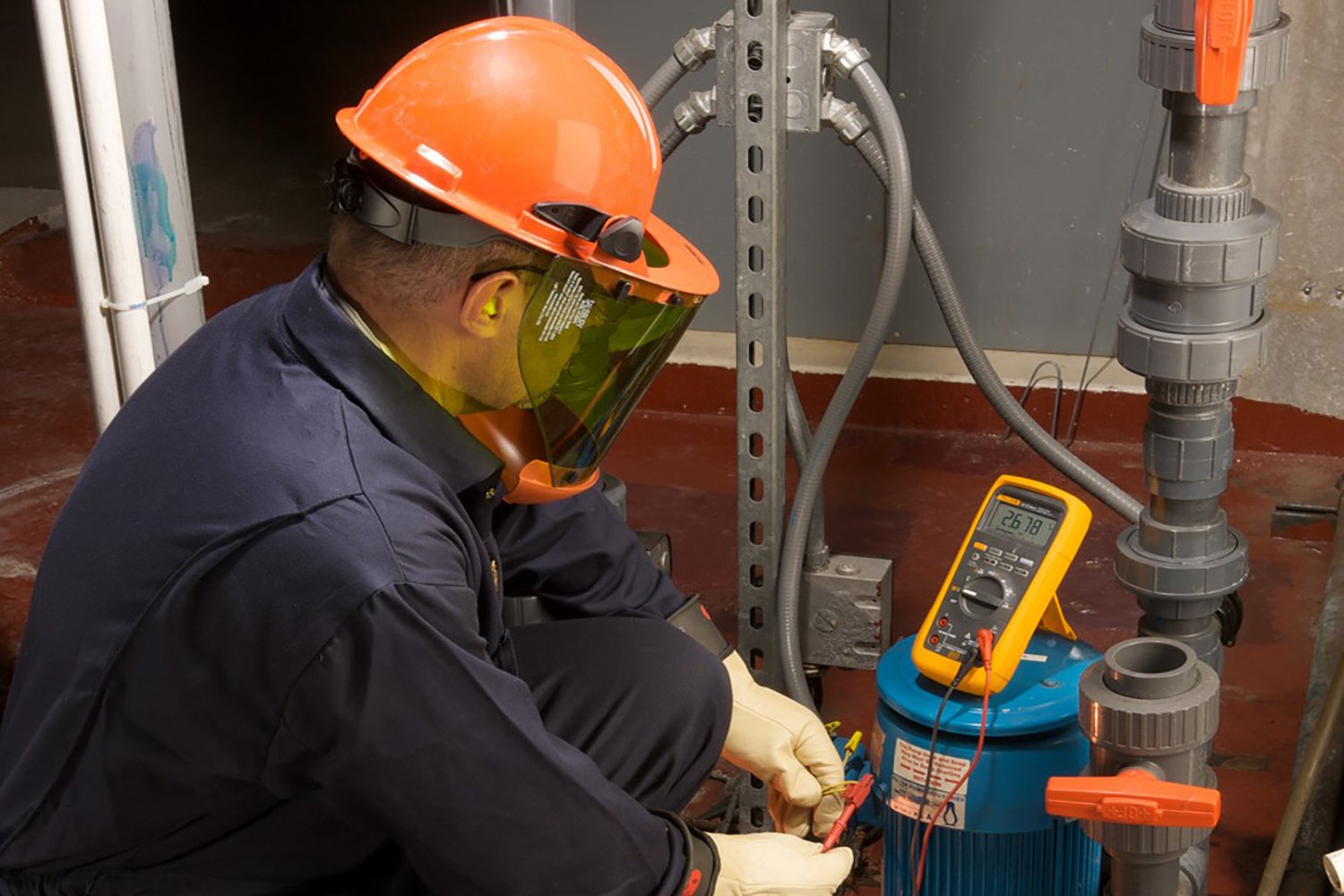An electric motor may hum and not start due to electrical issues or mechanical problems such as a locked rotor or damaged windings. This can be caused by low voltage supply, faulty wiring, or insufficient starting torque.
Other factors may include a faulty capacitor, worn-out bearings, or a damaged motor controller. Troubleshooting and identifying the specific cause is crucial to fix the issue and ensure the motor can start operating efficiently.

Contents
1. Common Causes Of Electric Motor Humming
Electric motor humming without starting can be due to various factors. Common causes include faulty capacitors, worn out bearings, or overheating.
Inadequate power supply, voltage fluctuations, or mechanical obstructions can also lead to the motor’s humming without starting. Regular maintenance and timely repairs can prevent these issues.
Electric motors are an integral part of many appliances and machinery, but sometimes they can experience issues that prevent them from starting properly.
One common problem is when the motor hums but fails to start. Understanding the common causes of this issue can help you identify the problem and take the necessary steps to fix it.
1.1 Loose Connections
Loose connections can often be the culprit behind electric motor humming. When the motor’s connections become loose, it can lead to a poor electrical flow and result in a humming sound. This can occur due to various reasons, such as vibrations or simply improper installation.
To determine if loose connections are causing the humming, you can visually inspect the motor’s wiring and ensure that all connections are secure and tightened properly. If any loose connections are found, they should be tightened and secured to restore proper functionality.
1.2 Faulty Capacitor
Another common cause of electric motor humming is a faulty capacitor. The capacitor is responsible for providing the necessary electrical boost to start the motor. If the capacitor malfunctions, it can prevent the motor from starting and instead cause it to hum.
To diagnose a faulty capacitor, you can use a multimeter to test its capacitance. If the reading is significantly lower than the specified value, then the capacitor is likely defective and needs to be replaced. It is important to handle capacitors with caution as they can retain electrical charges even when disconnected from the power source.
1.3 Worn Bearings
Worn bearings can also contribute to electric motor humming. Bearings allow the motor’s rotating parts to move smoothly and without friction. Over time, continuous use and lack of maintenance can cause bearings to wear down, resulting in a buzzing or humming sound.
To check for worn bearings, you can manually rotate the motor’s shaft and listen for any unusual noises or resistance. If you suspect worn bearings, they should be lubricated or replaced, depending on the extent of the damage. In conclusion, there are several common causes of electric motor humming.
Loose connections, faulty capacitors, and worn bearings are frequent culprits that can prevent the motor from starting properly. By identifying the root cause of the issue, you can take the necessary steps to address the problem and get your electric motor up and running smoothly once again.
| Advantages | Disadvantages |
|---|---|
|
|
|
|
|
|

2. Troubleshooting Tips To Fix An Electric Motor Hum
2.1 Check Power Supply
Ensure the motor is receiving adequate power supply.
2.2 Inspect Wiring Connections
Look for loose or damaged wiring connections.
2.3 Test Capacitor
Examine the capacitor for any signs of damage.
2.4 Examine Motor Bearings
Check the motor bearings for wear or lack of lubrication.
3. Additional Steps If The Motor Still Doesn’t Start
An electric motor that only hums and fails to start can be a frustrating issue. If basic troubleshooting steps haven’t resolved the problem, there are additional steps you can take to get the motor up and running smoothly. Here are some important steps to consider:
3.1 Check Overload Protection
If the motor still doesn’t start, ensure to check the overload protection. Overload protection is designed to shut off power to the motor when it becomes overheated or overloaded.
Refer to the manufacturer’s manual for specific instructions on how to check and reset the overload protection system if it has been tripped.
3.2 Determine Proper Voltage
Check whether the motor is receiving the proper voltage. Use a multimeter to measure the voltage coming into the motor. Ensure that the voltage matches the motor’s specifications. If the voltage is incorrect, seek assistance from an electrician to correct the issue.
3.3 Test Motor Windings
Testing the motor windings is crucial to pinpoint potential issues. Use a multitester set to the ohms setting to test the winding resistance.
If the readings are not within the manufacturer’s specified range, there may be a fault with the windings that needs to be addressed by a professional technician.
3.4 Seek Professional Assistance
If despite all your efforts the motor still fails to start, it’s highly recommended to seek professional assistance.
Professional technicians have the expertise and diagnostic tools to identify and resolve complex motor issues that may be beyond the scope of regular troubleshooting.
Frequently Asked Questions For What Causes An Electric Motor To Hum And Not Start
Will A Motor Hum If The Capacitor Is Bad?
Yes, a motor may hum if the capacitor is bad, as the capacitor helps start the motor.
Why Is My Pump Motor Humming But Not Turning?
The pump motor may be humming but not turning due to a potential issue with the capacitor or the start winding.
It’s essential to have a professional technician inspect and troubleshoot the motor to identify the specific cause and provide the necessary repairs. Regular maintenance can also help prevent such problems.
Why Does My Motor Make A Humming Sound?
A motor may produce a humming sound due to several reasons like worn-out bearings, loose parts, or faulty electrical components.
It’s essential to identify and fix the specific issue causing the noise to ensure the motor operates smoothly and efficiently.
Why Is My Electric Motor Humming While Running?
An electric motor may hum while running due to loose parts or worn bearings. Overloaded circuits can also cause humming.
Conclusion
If your electric motor hums but won’t start, wiring issues or faulty components could be the culprits. Regular maintenance can prevent these problems.
Take the time to troubleshoot and repair the motor to ensure optimal performance and longevity. Keeping your motor in top condition is key!

